File a Complaint Using the Online Form
(Information provided is subject to the confidentiality and disclosure provisions of DC Act 23-617§110)
Instructions: If you have already attempted to resolve your complaint and you wish to file a complaint with the OFC, please complete the form below or download the form to send it to the Office of the Ombudsperson for Children by scanning it and sending it by e-mail to [email protected].
If you have an emergency or are concerned regarding the safety of a child, contact the District of Columbia child abuse and neglect reporting hotline at (202) 671-7233 as the Office of the Ombudsperson for Children does not handle emergency situations.
Complaint Form
Before proceeding, please confirm:
My complaint relates to a case involving a child who:
- has been alleged to have been abused or neglected,
- is receiving child protective services,
- is receiving in home/prevention services,
- is in foster care, or
- is placed for adoption
1. Preliminary Assessment
When we receive a complaint, we conduct a preliminary assessment to determine whether we can provide any assistance. For our assessment, we will do the following:
- Review the complaint
- Interview the complainant
- Review relevant child welfare information system records
- Identify allegations meeting statutory criteria
- Identify implicated laws, rules, and policies
2. Response
After our preliminary assessment, we will determine what action we can take, which can include any of the following:
- Refer complainants to an appropriate agency for resolution of their concerns.
- Provide information about other remedies that may be available to the complainant
- Request assistance from the child and family serving agency
- Initiate a formal investigation
- Decline taking further action because the complaint doesn't meet our statutory criteria, can be resolved by another remedy, or other reason.
If we decide to initiate a formal investigation, we will do the following to determine whether the allegations in the complaint can be substantiated:
- Interview relevant agency staff
- Interview collaterals (other family members, service providers, law enforcement officers, etc.)
- Conduct a full review of the agency's records in the child welfare information system
- Review documentation, including court records, law enforcement reports, relevant medical records, audio-visual recordings, etc.
Statutory Complainant
A CFSA constituent is considered a statutory complainant and includes any one of the following individuals as listed in DC Act 23-617, Sec. 101(6)
- a CFSA child
- a former CFSA child
- a parent by birth, adoption or marriage
- a relative caregiver – as defined by 101(3A) of the Grandparent Caregiver Pilot Program Establishment Act of 2005, effective March 8, 2006
- a grandparent, as that term is defined in section 101(2) of the Grandparent Caregiver Pilot Program Establishment Act of 2005, effective March 8, 2006
- a close relative, as that term is defined in section 101(2) of the Grandparent Caregiver Pilot Program Establishment Act of 2005, effective March 8, 2006
- court-ordered legal custodian or guardian
- a foster parent, as that term is defined in section 381(1) of the Prevention of Child Abuse and Neglect Act of 1977, effective February 18, 2017
- an employee of CFSA
- a contracted employee of CFSA
- a court-appointed special advocate (CASA)
- a guardian ad-litem (GAL)
- an attorney of a CFSA child
- an attorney of a CFSA child’s parent or caregiver
- an individual with firsthand knowledge of an administrative act of CFSA or CFSA affiliate
Statutory Criteria
The Office of the Ombudsperson for Children may investigate and attempt to resolve a complaint alleging that an administrative act taken by the District of Columbia Child and Family Services Agency (CFSA) or a CFSA affiliate, without regard to the finality of the administrative act, is believed to be:
(i) Inconsistent with District or federal law, regulation, or policy, or standards of good practice;
(ii) Based on mistaken facts or irrelevant considerations;
(iii) Unsupported by an adequate statement of reasons;
(iv) Performed in an unprofessional manner that is detrimental to the safety, permanency, or well-being of a CFSA child or the CFSA child’s family; or
(v) Unreasonable, unfair, not aligned with the standards of practice and care, or otherwise objectionable, even though in accordance with law.
Administrative act is any action, decision, adjudication, omission, rule, regulation, interpretation, recommendation, policy, practice, or procedure of an agency, agency-licensed or contracted services and placement provider, or entity that must operate under or comply with guidance from an agency.
Available Remedies
Have you sought other available remedies or ways to resolve your concern? Such remedies may include:
-
Administrative appeals and fair hearings (e.g., for CPS findings, foster care services and benefits, adoption assistance)
You can file a complaint using the online form or send an email with your complaint to [email protected].
